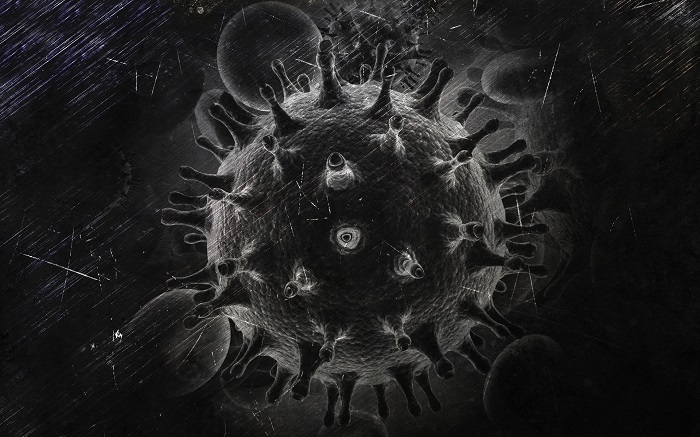London, A decade after an American was “first” cured of HIV using stem cell transplant, a British man has experienced sustained remission from the disease for over an year, after receiving a similar transplant of virus-resistant cells raising prospects of a cure, said doctors, including one of Indian-origin.
The new “London patient” — who prefers to remain anonymous — was treated with stem cell transplants from donors with a rare genetic mutation known as CCR5-delta 32, which made him resistant to HIV, just like the first cured case of Timothy Ray Brown, better known as the “Berlin patient”.
The “London patient” has been in remission for 18 months since he stopped taking antiretroviral drugs, according to the study published in the journal Nature.
“By achieving remission in a second patient using a similar approach, we have shown that the Berlin Patient was not an anomaly and that it really was the treatment approached that eliminated HIV in these two people,” lead author Ravindra Gupta, Professor at University College London, was quoted as saying by CNN.
The method used may not be appropriate for all patients but offers hope for new treatment strategies, including gene therapies, Gupta added.
The London patient is under observation, as it is still too early to say that he has been cured of HIV, the report said.
Nearly one million people die annually from HIV-related causes. Treatment for HIV, known as antiretroviral therapy, involves medications that suppress the virus, which people with HIV need to take for their entire lives.
The London patient was first diagnosed with HIV infection in 2003 and began antiretroviral therapy in 2012. Later, he was also diagnosed with advanced Hodgkin’s lymphoma — cancer of the immune system.
After undergoing chemotherapy, he also underwent a stem cell transplant in 2016, and subsequently remained on antiretroviral drugs for 16 months.
Later, he went without drugs to test whether he was truly in HIV-1 remission.
The London patient has now been in remission for 18 months, and doctors have confirmed that his HIV viral load remains undetectable, the report said.
Similarly, the Berlin Patient had been living with HIV and routinely using antiretroviral drugs when he was diagnosed with a different disease called acute myeloid leukemia — cancer of the blood and bone marrow.
After two bone marrow transplants, Brown was considered cured of his HIV-1 infection.
Traces of HIV were seen in Brown’s blood a few years after he stopped antiretroviral drugs. However, because the HIV remained undetectable, he is still considered clinically cured of his infection, according to his doctors.
Despite various attempts by scientists using the same approach, Brown had remained the only person cured of HIV until the new London patient, CNN reported.










